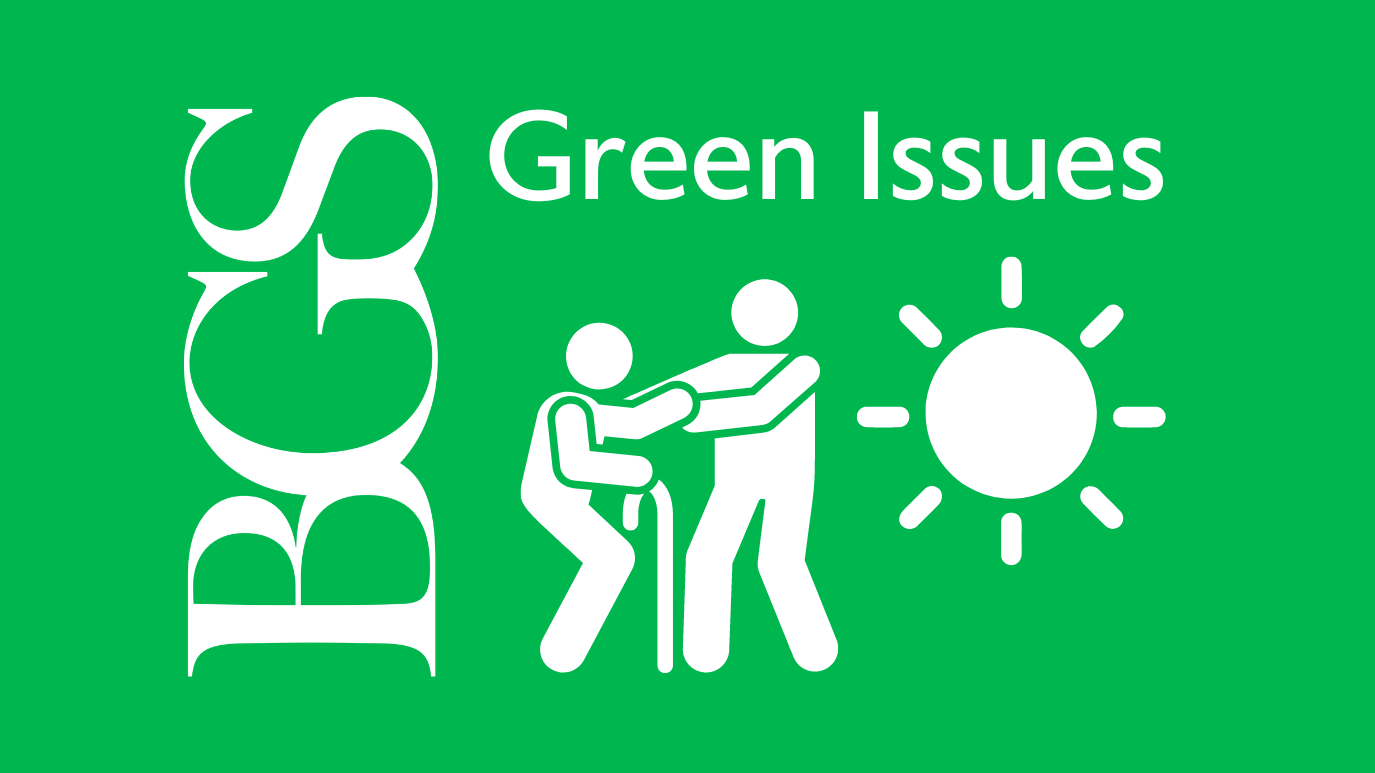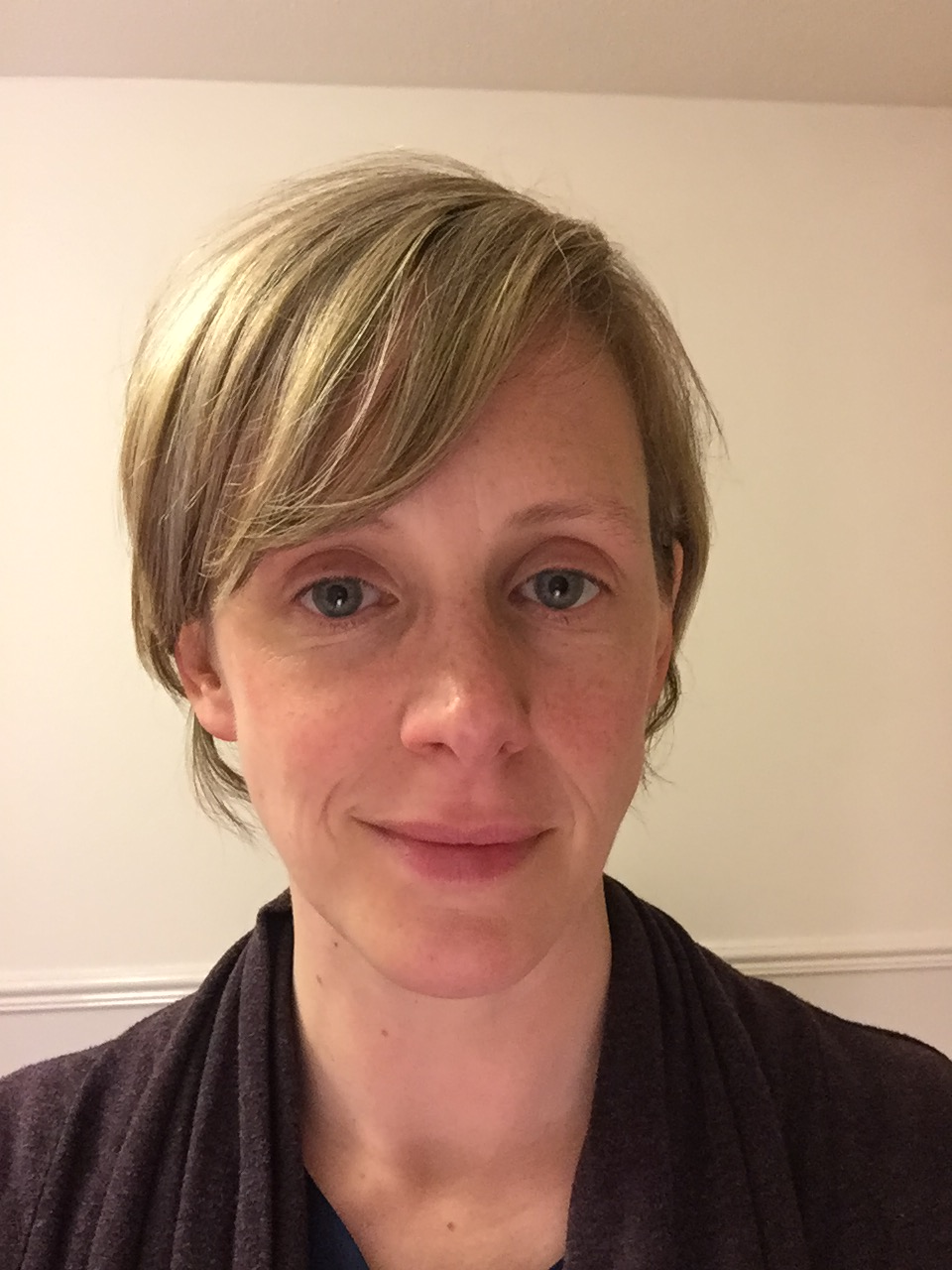Ellen Tullo is a geriatrician and a member of Extinction Rebellion and Doctors for Extinction Rebellion.
Despite decades of iterative warnings from scientists and environmental campaign groups the climate emergency continues, largely unabated, and is already leading to poverty, food insecurity, poor health and death. This is of particular impact in low-income countries, where healthcare infrastructure is less able to respond to climate related risks. Despite the pre-occupation of covid, the majority of the population are worried about global warming and the destruction of ecosystems and want international authorities to do more.1 However, our leaders remain either unwilling or unable to bring about the necessary but politically unpopular changes to our infrastructure to drastically reduce carbon emissions.
So, how should geriatricians respond? We have responsibilities to our nearest and dearest, the patients directly under our care and to the health of populations more widely, all of whom are under threat by the climate emergency. As a 2022 Age and Ageing editorial explained, older people are even more vulnerable to extremes of temperature and weather than the rest of the population.2 The same article advocated sustainability initiatives within the NHS, including reaching net-zero in the NHS by 2045. Although sustainability through individual lifestyle changes and institutional policies makes sense philosophically, we must be realistic about the negligible difference this will make to the big picture. George Monbiot has made this point more eloquently than me: “I’m not saying the small things don’t matter. I’m saying they should not matter to the exclusion of things that matter more. Every little counts. But not for very much.”3
The urgency of the situation we face has been recognised by groups such as Extinction Rebellion, including a subgroup for healthcare professionals, Doctors for XR, who believe that the only choice left open to us is nonviolent civil disobedience. Earlier this month, a group of healthcare professionals blocked Lambeth Bridge before six of them chose to be arrested in order to highlight the severity of the risks to human health posed by the climate emergency. Nonviolent civil protest may be an uncomfortable prospect for largely law-abiding professionals, but the magnitude of the threat has led many (including the editor of the Lancet)4 to judge that these actions are ethically justified,5,6 or even a professional duty. The GMC implores us to “protect and promote the health of patients and the public” – in my mind, this must go beyond restating the facts about the climate emergency and making individual sustainable lifestyle choices.
So, if you are a geriatrician or a healthcare professional who is alarmed about climate change, please consider the role you could play. Being arrested is a sacrifice that only a minority of people will feel able to make, but we need greater numbers of protesters willing to attend, support and make their voices heard through groups such as Doctors for Extinction Rebellion7 and Scientists for Extinction Rebellion.8 Perhaps one day we could even conceive of a Geriatricians Rebellion.
References
1. Climate change: Biggest global poll supports 'global emergency' - BBC News
2. https://doi.org/10.1093/ageing/afab199
3. https://www.theguardian.com/environment/2021/oct/30/capitalism-is-killing-the-planet-its-time-to-stop-buying-into-our-own-destruction
4. https://www.doctorsforxr.com
5. Bennett et al (2019). Should health professionals participate in civil disobedience in response to the climate change health emergency. Lancet: https://doi.org/10.1016/S0140-6736(19)32985-X
6. Wise (2021). The doctors getting arrested for climate change: a professional duty? BMJ 375: n2565: https://doi.org/10.1136/bmj.n2565
7. https://www.doctorsforxr.com
8. https://www.scientistsforxr.earth


